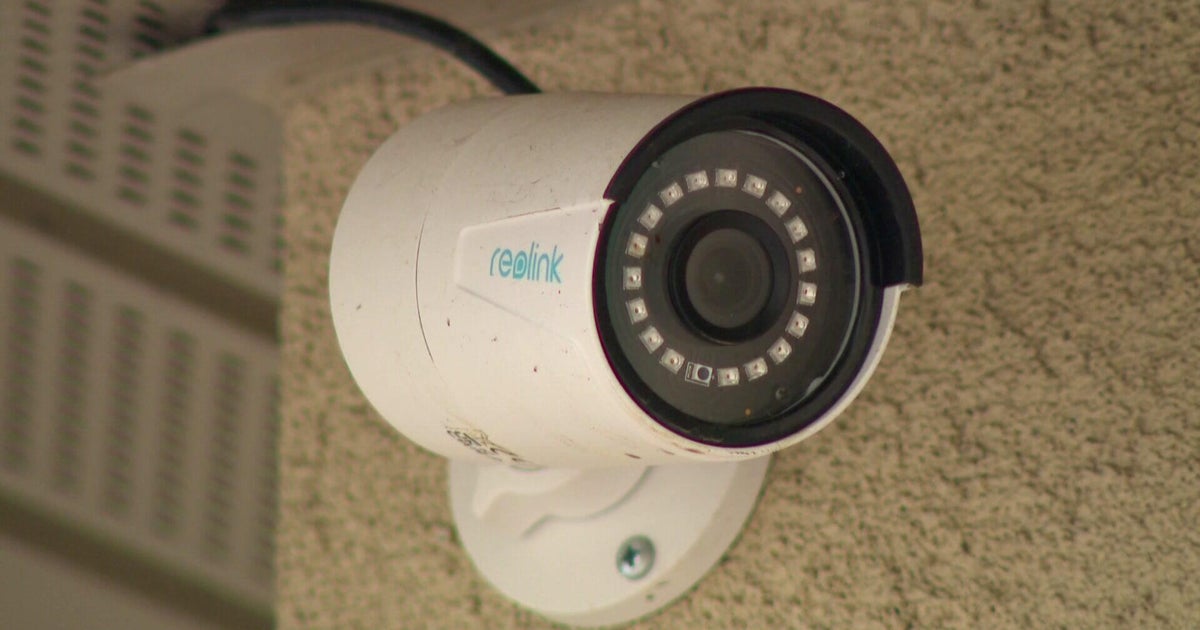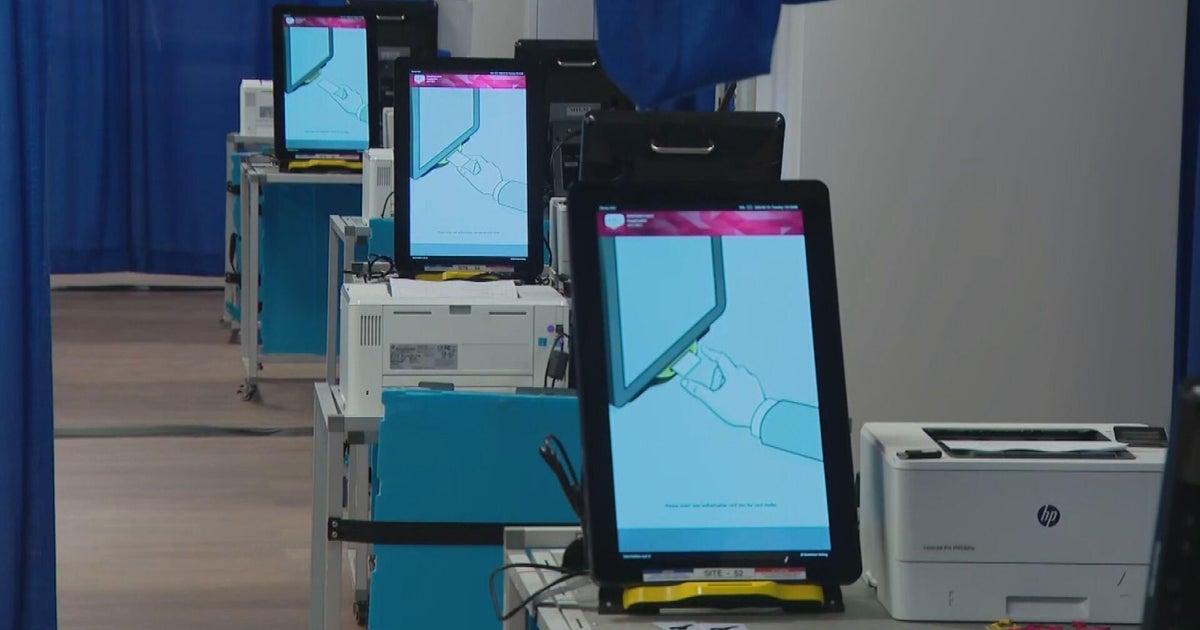California child abuse database lacks half of county reports, audit finds
SACRAMENTO — More than half of substantiated California child abuse reports in recent years were not in the state's database, which could result in child abusers being allowed to care for children, state auditors said Tuesday.
The unreliability of the database "puts children at risk," auditors said.
The database is used by state and county social services and welfare departments, adoption agencies, medical workers treating possible victims of child abuse, agencies conducting background investigations of applicants for law enforcement jobs, and agencies conducting background investigations on those who want to work or volunteer in positions that would give them access to children, like day care centers or group homes.
But the flaws in the database mean those agencies "cannot depend on the database to help protect children," Acting California State Auditor Michael Tilden said in an opening letter to the governor and legislative leaders.
The state's Child Abuse Central Index, run by the state Department of Justice, contains more than 25,000 reports of sexual and physical abuse and neglect that are backed by county records. But there are more than 52,000 such reports in county records, meaning nearly 27,000 reports — 52% — are in county records but not the state's database, auditors said.
On the other hand, nearly 300 reports in the state's database were not supported by county records during the four‑year period ending in June 2021 that was covered by the audit. They said it is "highly likely" the same problems existed in prior years.
Tilden said in his letter that the current reporting process is "cumbersome and error-prone," with several reasons for the problems.
State officials did not always put county reports into the database, and counties did not always send their reports to the state, auditors found. And there can be differing interpretations of which reports counties should send to the state. At least one county requires a social worker to interview a suspected child abuser before it will send a report to the state, while other counties do not.
Auditors found other problems: Justice officials sent at least 224 notices wrongly saying there was no match with the state database, and wrongly said at least 25 times that there was a "possible match" with the database.
Beyond convictions, the database contains what are termed substantiated reports of child abuse, in which an investigator has determined child abuse more likely than not occurred. The report did not include any instances where lapses in the database led to children being abused.
Republican Assemblyman Tom Lackey, who sought the audit with other lawmakers of both parties, said it shows the Legislature should address the "significant issues." That means not only making sure the database includes all those who should be there, but excluding those falsely included who as a result face a "stigma," he said in a statement.
"It is clear that we must maintain better data to ensure the protection of our children," said Lackey, who two years ago unsuccessfully pushed legislation that would have let law enforcement agencies enter data into the database.
Auditors recommended that the state streamline the process for submitting reports, which they called "outdated, inefficient and subject to numerous types of errors."
Department of Justice officials should be allowed to directly access counties' records, they said, replacing the current multi-step process that can take 28 days until new names are added to the state's database.
Justice, social services and county officials generally agreed with the findings, although the California Department of Social Services was skeptical that the changes could easily be implemented.
Spokesmen for Attorney General Rob Bonta, who runs the Department of Justice, said the audit overstates the department's role, which they said is to act as a repository for reports submitted by counties.







